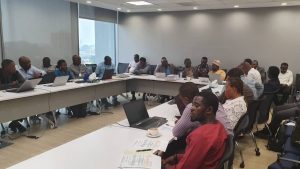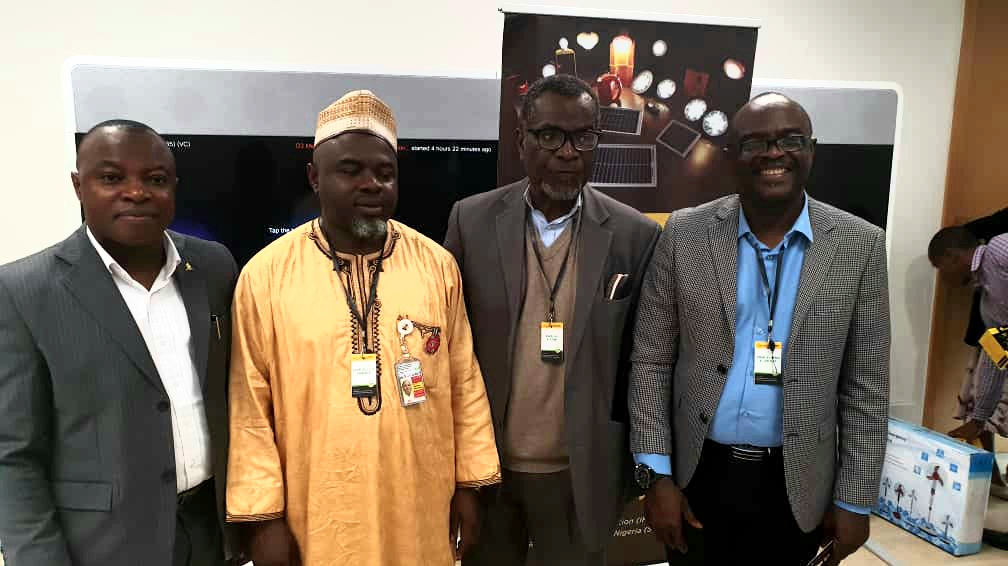The Nigerian National Technical Committee on Electrical/Electronics (E/E) has recommended 12 PICO PV systems standards, guide for renewable energy and hybrid systems for rural electrification to the Nigerian Standards Council for adoption as Nigeria Industrial Standards.
Rising from a 2-day meeting in Lagos recently, the Technical Committee (TC) Chairman, Engr. Ayodele Esan stated that the recommended Standards which were all referenced from the International Electrotechnical Commission (IEC) Standards were carefully considered and found relevant to the Nation’s needs.
In his welcome address at the opening of the TC meeting, Director General Standards Organisation of Nigeria (SON) Osita Aboloma Esq. stated that the increased demand for energy in urban and rural areas necessitates greater emphasis on standardisation and conformity assessment in the electrical/ electronic sectors.
According to him, SON mandate places premium on safety, quality of services products, value for money, sustainability of the environment, poverty reduction and value addition through standardisation.


Represented by Engr. Achema Alewu, Group Head, E/E, the SON Chief Executive commended the support of the International Financial Corporation (IFC), through its Lighting Africa/Lighting Global initiatives for the development and implementation of the considered standards throughout the African continent.
He emphasized that in addition to coordinating Standardisation of the E/E industry, SON also provides necessary infrastructure, test equipment and building of technical capacity in collaboration with the IFC/African Clean Energy (ACE) and other development partners.
The SON helmsman implored producers, importers and exporters of E/E products to leave no stone unturned in helping to sanitize Nigerian markets of substandard products to boost the Nation’s trade across borders in view of the imminent implementation of the African Continental Free Trade Agreement.
According to him, the implementation and enforcement of the recommended standards, after approval by the SON Council must be such that products that do not meet the required standards will not be produced in, nor allowed into Nigeria.
Stakeholders who participated in the standards adoption process include from
the Nigerian National Committee on IEC, National Agency for Science and Engineering Infrastructure (NASENI), Solar Energy Nigeria, Lighting Africa (IFC), Nigerian Institute of Electrical and Electronics Engineers (NIEEE).
Others were, Nigeria Society of Engineers, OOLU Solars, National Center for Energy Efficiency and Conservation, SunKing Green Light and SON Electrical/Electronics Department Staff.




